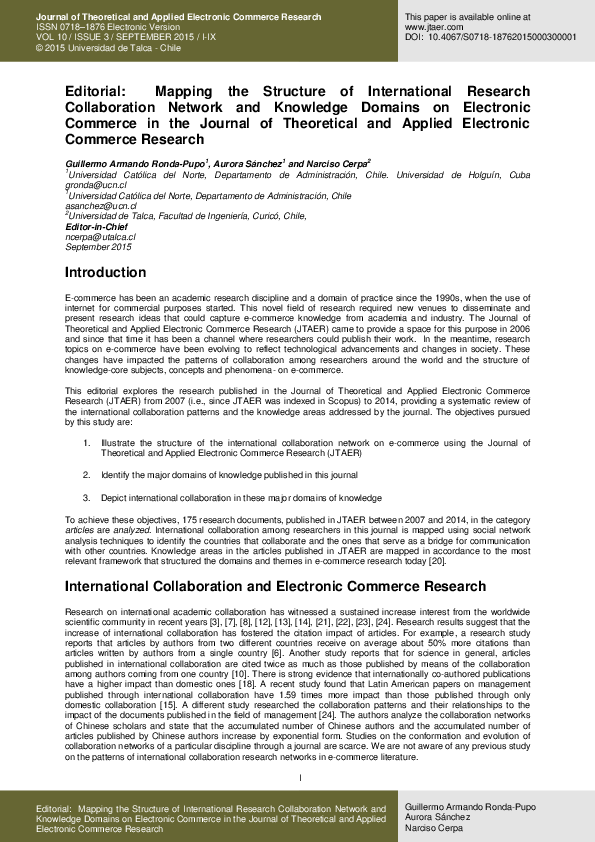Who Are the Online Medication Shoppers? A Market Segmentation of the Swedish Welfare State
IF 5.1
3区 管理学
Q1 BUSINESS
Journal of Theoretical and Applied Electronic Commerce Research
Pub Date : 2024-03-05
DOI:10.3390/jtaer19010028
引用次数: 0
Abstract
The present study aimed to explore the online shopping of medicines from demographic, geographic, psychographic, and behavioral factors. A quantitative survey design was used with a quote sample representing the Swedish population regarding age, gender, and residential area. In total, 1863 persons responded to a survey, including measures of age, gender, income, education, area of residence, personality traits (BFI-10), values (Rokeach Value Survey), self-estimated health-status, internet usage, online shopping in general, and online shopping of medicines. Firstly, the data were analyzed with chi-squares and independent t-tests. From these initial analyses, online shopping of medicines was associated with young age, female gender, high income and education, living in a big city, extraversion, several values of desirable end-states of existence (e.g., self-respect, a sense of accomplishment, and pleasure), internet usage, and general online shopping. Secondly, the significant (p < 0.05) variables from the initial analysis were included in a logistic regression analysis. This comprehensive model showed that online medication shoppers are best predicted by being female and the use of internet. Unlike what was previously known about medication shoppers, the typical online medication shopper appears to be driven by hedonistic values and self-actualization, rather than health status. We suggest that further research replicate this study outside and inside Sweden, and that health status is measured in a different way.谁是网上购药者?瑞典福利国家的市场细分
本研究旨在从人口、地理、心理和行为因素等方面探讨网上购药问题。研究采用了定量调查设计,引用了代表瑞典人口年龄、性别和居住地区的样本。共有 1863 人参与了调查,调查内容包括年龄、性别、收入、教育程度、居住地区、个性特征(BFI-10)、价值观(Rokeach 价值观调查)、自我估计的健康状况、互联网使用情况、网购总体情况以及网购药品情况。首先,对数据进行了卡方检验和独立 t 检验。初步分析结果显示,网购药品与年轻、女性、高收入和高学历、居住在大城市、外向型性格、几种理想生存状态的价值观(如自尊、成就感和愉悦感)、互联网使用情况和一般网购有关。其次,将初步分析中的重要变量(p < 0.05)纳入逻辑回归分析。这一综合模型显示,女性和互联网的使用最能预测网上购药者。与之前对药物购物者的了解不同,典型的网上药物购物者似乎是受享乐主义价值观和自我实现的驱动,而不是受健康状况的驱动。我们建议在瑞典国内外开展进一步的研究,并以不同的方式衡量健康状况。
本文章由计算机程序翻译,如有差异,请以英文原文为准。
求助全文
约1分钟内获得全文
求助全文
来源期刊
CiteScore
9.50
自引率
3.60%
发文量
67
期刊介绍:
The Journal of Theoretical and Applied Electronic Commerce Research (JTAER) has been created to allow researchers, academicians and other professionals an agile and flexible channel of communication in which to share and debate new ideas and emerging technologies concerned with this rapidly evolving field. Business practices, social, cultural and legal concerns, personal privacy and security, communications technologies, mobile connectivity are among the important elements of electronic commerce and are becoming ever more relevant in everyday life. JTAER will assist in extending and improving the use of electronic commerce for the benefit of our society.

 求助内容:
求助内容: 应助结果提醒方式:
应助结果提醒方式:


